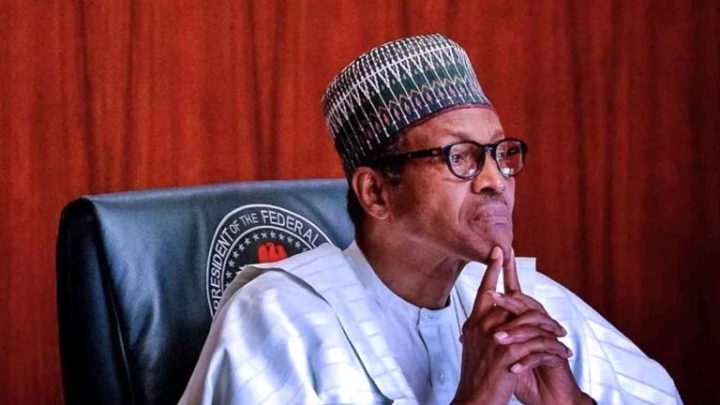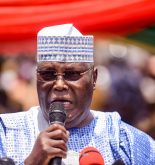By Victoria Effiong
BudgiT, a renowned civic-tech group, warned Monday that Nigeria’s economy is collapsing and urged the Federal Government to quickly reverse the trend.
While expressing concern over the poor performance of the 2022 budget, it also drew attention to the implications of petrol subsidy on the national economy and precarious debt service- to- revenue ratio.
The Head of Communications, BudgiT, Iyanu Fatoba, in a statement made available to GuardPost Nigeria noted that the country’s fortunes have worsened in the last eight since the 2022 budget was passed.
The organisation said Nigeria’s debt service-to-revenue ratio is a most pressing concern, adding that it has reached alarming levels within the first quarter of 2022.
It explained that Nigeria’s current debt service, which stood at N1.94 trillion for the period of January – April 2022, is over 100 percent of her revenue which was 1.64 trillion, within the same period.
BudgiT blamed the situation on the refusal of the government to heed to the warnings given by the International Monetary Fund (IMF).
Recall that the IMF had predicted that Nigeria would be spending over 100 percent of its revenue on debt servicing by 2026.
It said that because 2022 is a pre-election year, the country’s budget credibility will deteriorate, service delivery in vital economic sectors will be crippled, hindering investments in productive areas, and stunting economic growth.
It advised the government to among other things, “discontinue the indiscriminate borrowing through Ways and Means, which is creating a ballooning set of interest payments, running parallel to external the external debt, as well as increasing the money and increasing more monetary volatility;
“Check the oil theft that is now commonplace in the petroleum industry, and has encumbered the country’s ability to meet its production quotas – the later having fallen to 1.25 million barrels as at May 2022;
“Ramp up the remittance of operating surpluses by MDAs and GEOs to boost the Federal Government’s independent revenues which are currently underperforming and take considered action to reform subsidy.”
Also speaking, its Country Director, Gabriel Okoewo, said Nigerians are waiting with bated breath for the national budget to begin to bring the relief and positive change it promised despite the major challenges confronting the nation.
He listed some of such challenges to include the five-months ASUU strike which has crippled Nigeria’s tertiary education, and a three-month inflation of 17.7 percent which has pushed millions of more Nigerians into poverty.
Others are the drastic decline in oil production which has displaced Nigeria as Africa’s biggest crude producer and a massive increase in the country’s petroleum subsidy liabilities.




